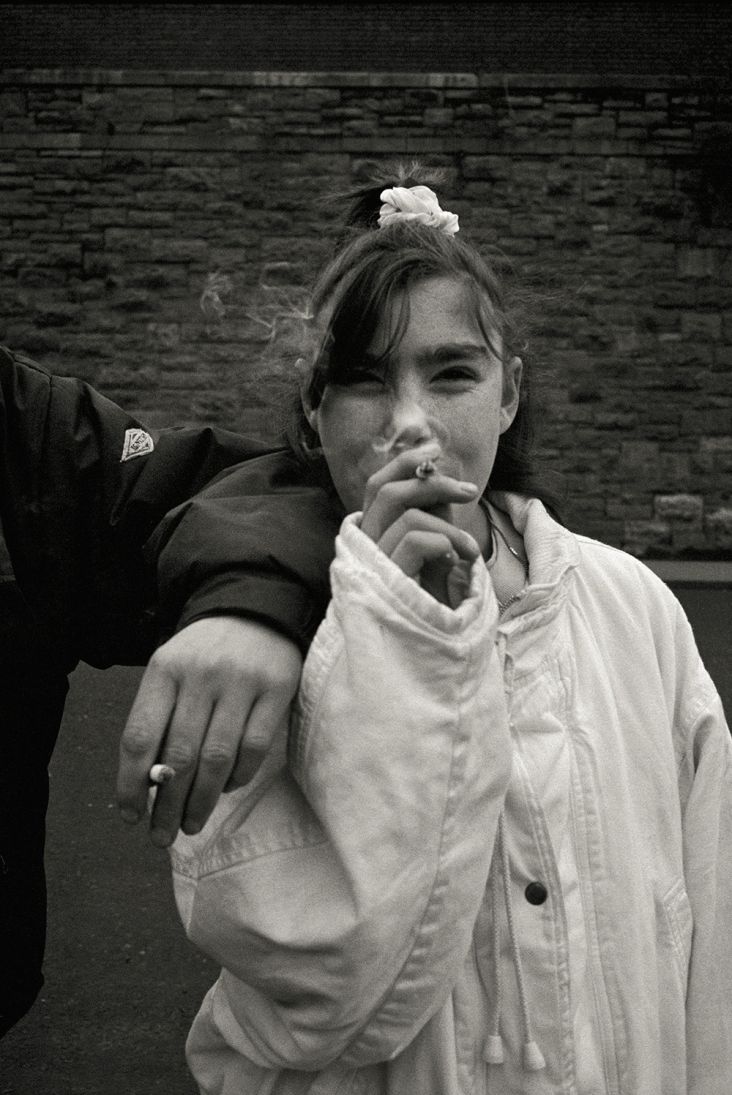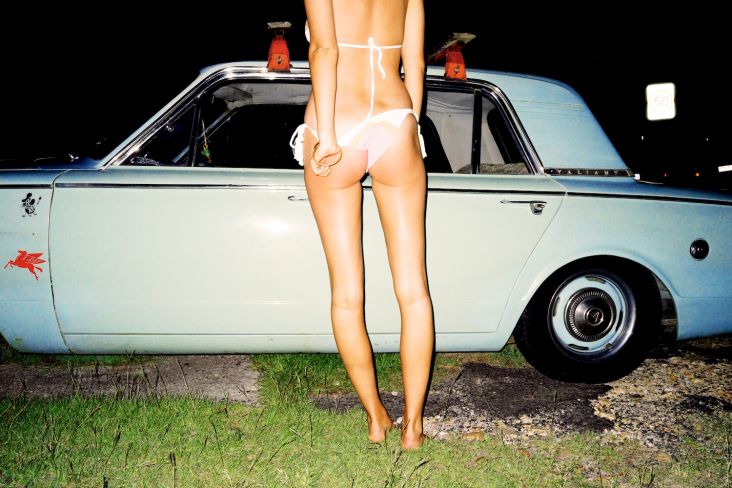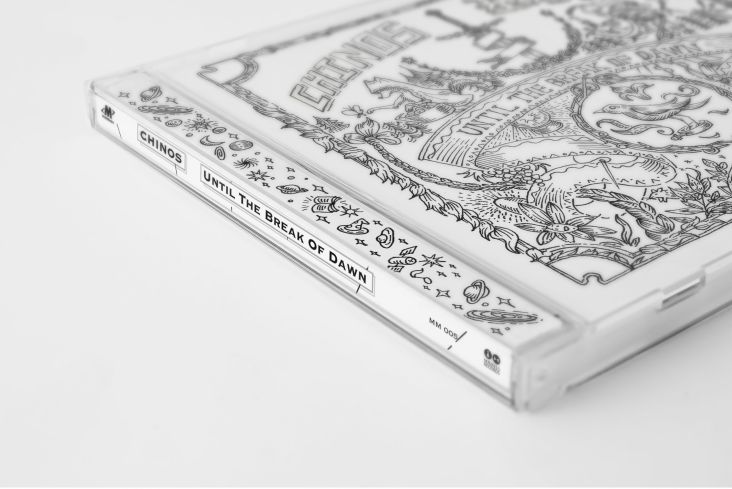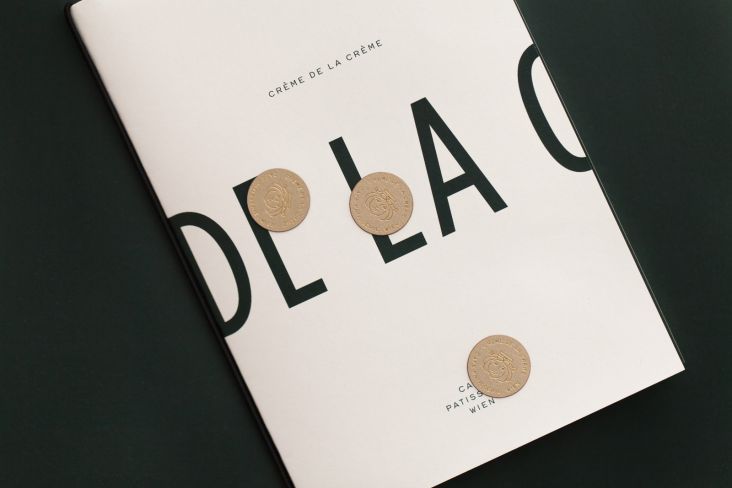Graphic artist Emily Forgot on freelancing, dream clients and avoiding the treadmill
Emily Forgot is the appropriately curious moniker of London-based graphic artist Emily Alston. She's worked for herself since graduating from Liverpool School of Art & Design in 2004 and has amassed a diverse range of clients, from Selfridges and Harrods to Herman Miller and Somerset House.
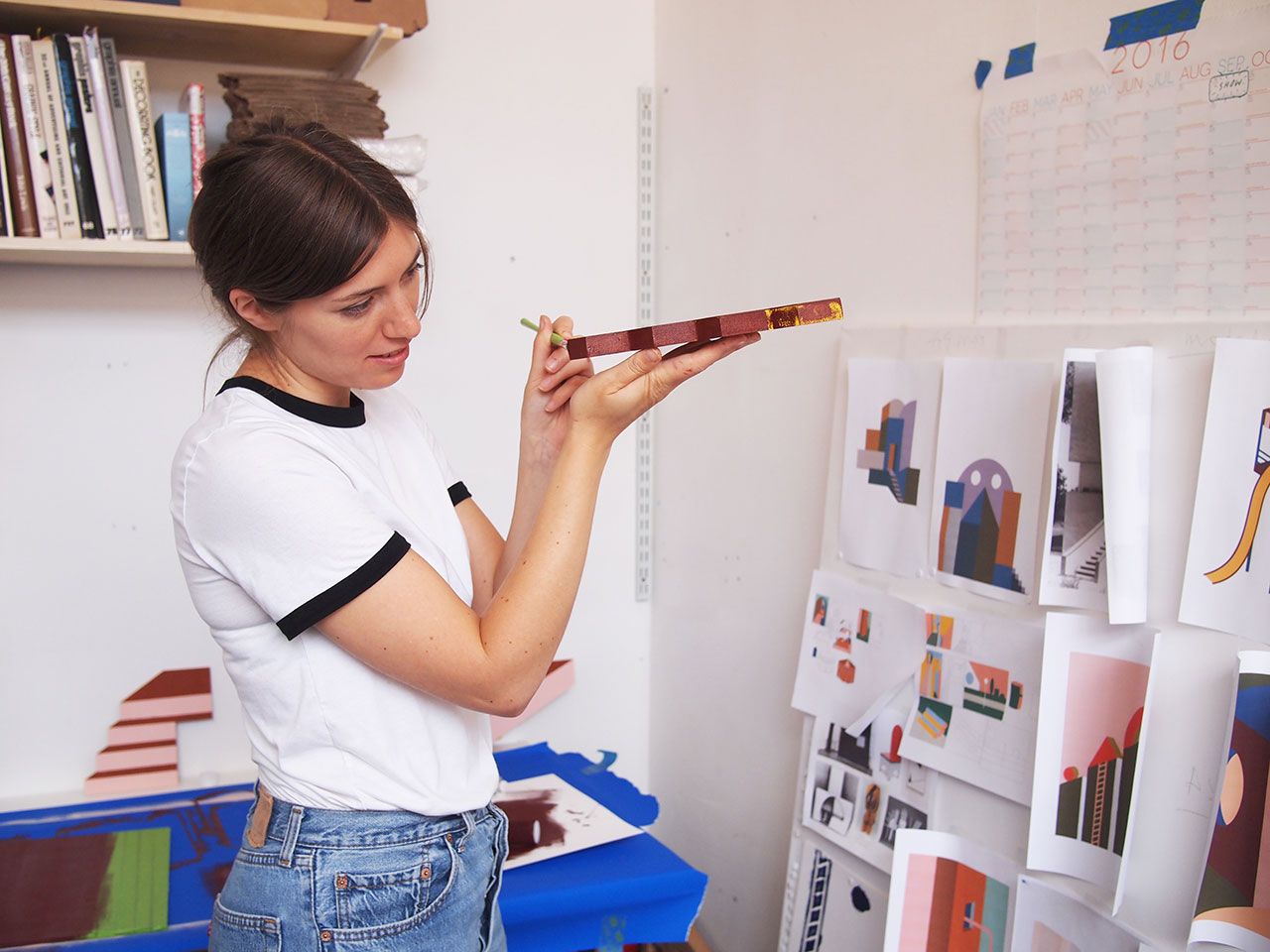
Embracing the odd, the everyday and the sometimes surreal, Emily's playful visual language and image making continues to innovate, evolve and surprise. Turning her hand to anything from illustration, retail display, print design and visual identity, her style is original, humorous and beautiful. We caught up with Emily to chat about her career so far and where she's headed next.
Why the name Emily Forgot?
I came up with the name at college, 13 years ago, when thinking about an original domain name. I didn't want to use my own surname and so turned to traits that I have for inspiration, and one is that I'm forgetful. Which really isn't a great start to a professional career [laughs]. But if anything it made me the absolute opposite because you can't be called Emily Forgot and then miss a deadline, not respond to someone or be late to something.
It was coming up with a brand, I suppose, that I felt related to my personality. And now people just assume it's my surname, which is fine with me. I quite like getting emails that are to 'Miss Forgot'. It's kind of just stuck now. There's no escaping it. It ties in quite well with my work, which is quite whimsical. So it all makes sense in some way.
Have you always worked for yourself?
Yeah, I did a graphics art course, so was always in between doing graphic design and illustration. I did want to be a graphic designer, but really, I just wanted to be in a studio and learn from other people. It was never my intention to be a freelancer. I found that concept quite scary. It's almost a good thing that it happened by accident because I would've found it quite intimidating, things like money, invoicing, the business side of it.
I started off working at a few design studios. One's output was really illustrative, so I ended up working on lots of illustrative briefs for them. But these were never full-time roles, as it is incredibly rare for design studios to have in-house illustrators. Studios always require different styles for different projects, so it made sense for them to hire as and when. This was how I accidentally became a freelancer, building up projects and contacts before I plucked up the courage to leave my bar job during my first year in London.
That's the best way of doing things, isn't it. Throw yourself in at the deep end and before you know it, you're running your own business...
Yeah, I don't think I would've been brave enough to commit myself to freelancing. It just naturally happened. It was very holistic.
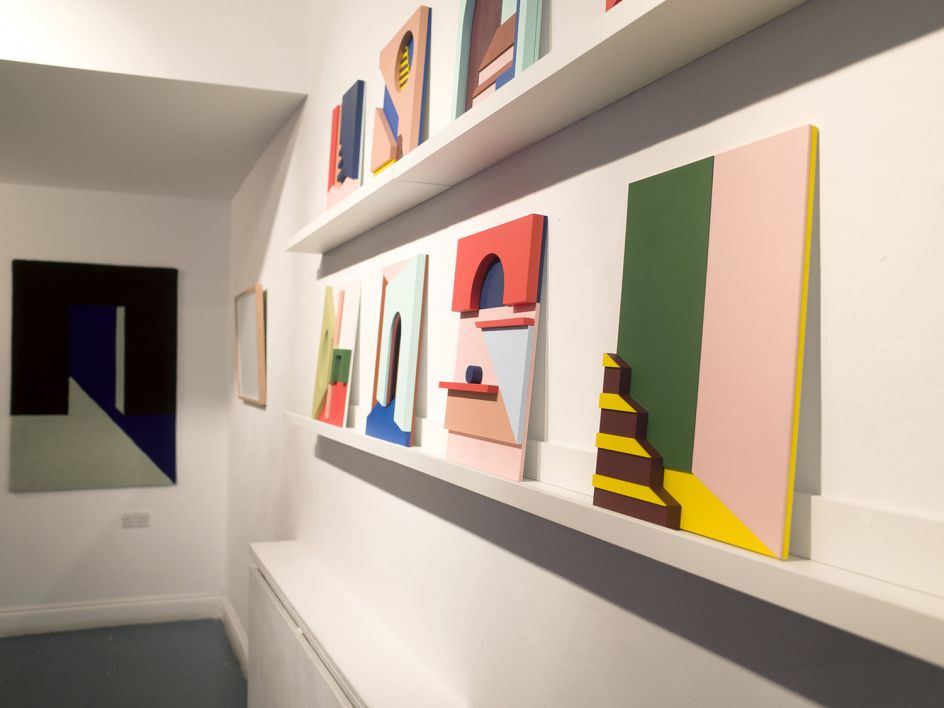
Neverland
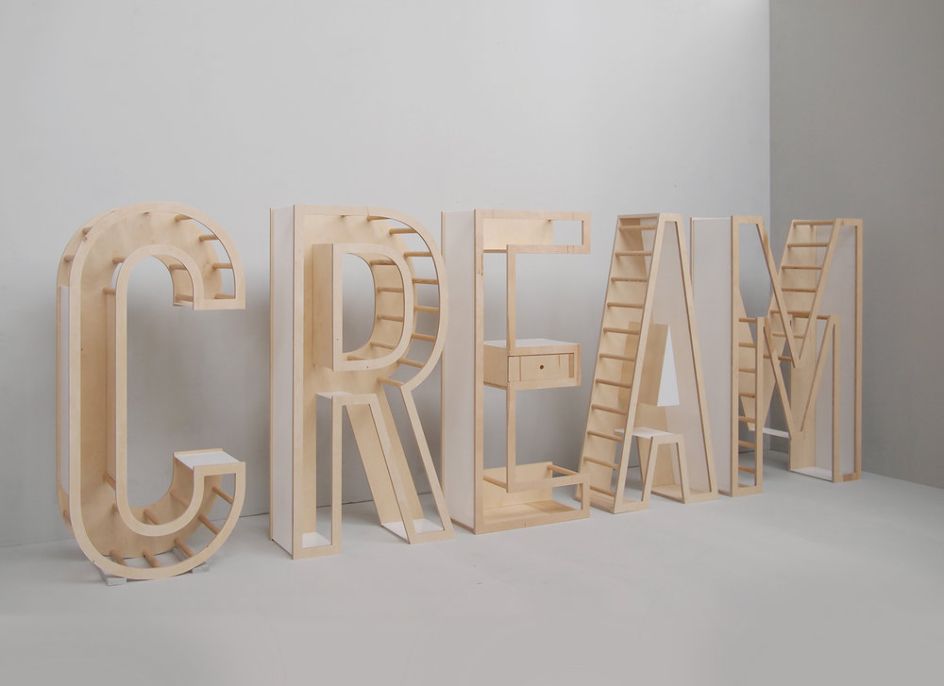
Cream
What has surprised you about working for yourself?
I think you can convince yourself that you're not good at something. I suppose I didn't think I could handle the business aspect. I don't have an agent in the UK, you see. I do have one in Japan and one in Paris, but not here. So often I'm having to be professional and talk about the financial side of stuff... budgets, quotes. I've surprised myself by how easily I've handled it. I've certainly become more comfortable about discussing money. Initially, I would've run a mile from having to have those kinds of conversations.
I relate to that, and I think the other positive consequence of freelancing is the confidence and social skills we develop along the way
Yeah, you've got to be creative and practical at the same time. A lot of stuff you wouldn't learn at college. In that sense, you really are thrown in at the deep end. Because you don't learn about the nitty gritty of running your own ship.
Absolutely. So what has helped you to get noticed? You've been very successful and worked with some amazing brands
I think I've always been true to myself and had an understanding of where I want to be. Of course, it's easy to follow where the money is and be led by the wrong things. But I've always been motivated by wanting to make the best work I can, and the most creative work. Always trying to align myself with brands and studios that share the same sensibility and goals.
If I’m not getting the kind of work where I feel inspired, I always take a step back and take stock to re-evaluate. I always thought that if I want to be doing work that I love, then I have to be making that work for people to see. It won’t always come out of commercial projects so self-initiated projects, exhibitions... finding the time to focus on personal endeavours has definitely been really important and in turn has had a knock-on effect on the commercial side of things.
Sticking to your guns and being as creatively authentic as you can always helps.
Is that why you started your popular blog Muse & Maker?
Yes, definitely. But it mainly came about because I've always loved the research side of projects. Finding visual inspiration, discovering new artists and makers. I feel I get so much energy and excitement from looking at work from disciplines outside of my own. I wanted to document what resonated with me, but also share it with others.
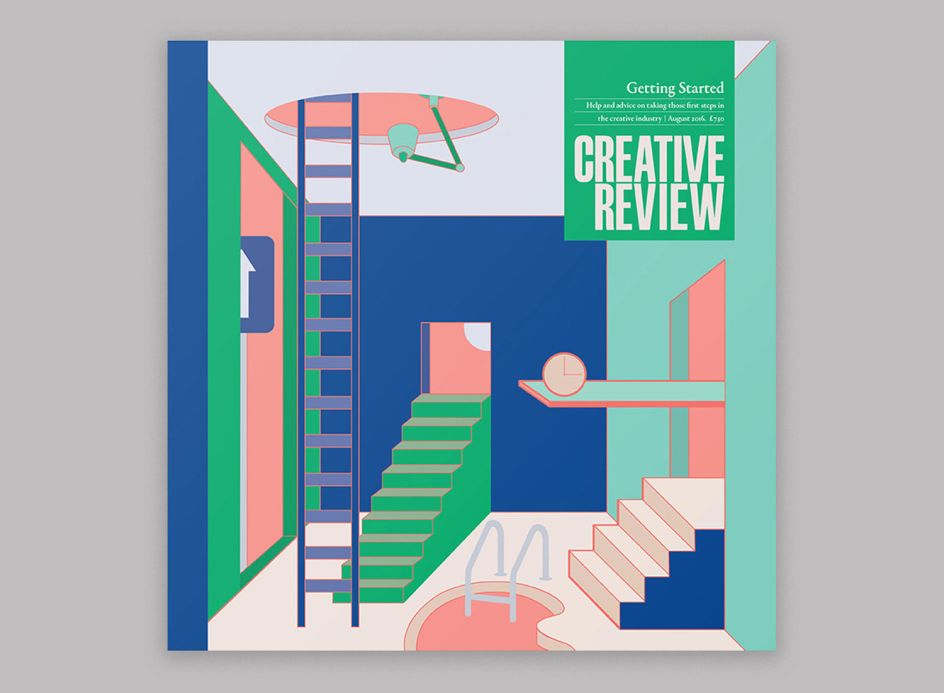
Cover for Creative Review
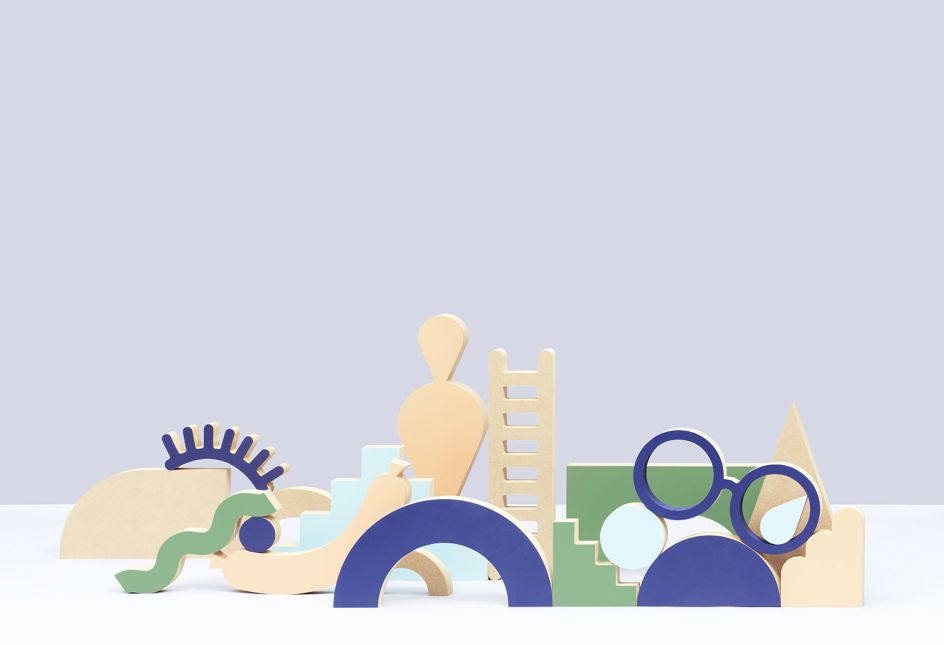
Work is Play
You do work with different media. Is there a particular favourite at the moment?
Well, at the moment, the area I'm probably most passionate about is spatial and 3D design. It's funny, what Muse & Maker has done is reveal where my curiosities lie. I share a lot of interiors and architecture, so I quite like creating artwork that reflects those interests. I've worked on a lot of window displays, for instance. I love seeing my work come to life in 3D form. I'm really interested in developing my work in this area.
In terms of materials, that can be anything, but I'm using lots of wood presently. Making sculptural and relief pieces. I still create more traditional 2D work, where I'm sat at my computer but it's really nice to have a balance between the two. It keeps things interesting. I don't like tying myself to one way of working.
Do you have a dream client or collaborator in mind?
I'm starting to feel more confident in the kind of work I want to be making, so it's easy to find brands that align with my aesthetic. I do have a 'dream client' list in mind, Hermes being at the top of it. They've always done great window displays.
In terms of collaboration, I love to continue to team up with people who work in completely different disciplines because you get such a fresh perspective. For example, I recently worked with a furniture maker, which was hugely rewarding. I'd love to work with an interior designer too.
You're based in London. Is it important to be there? You're not originally from there are you?
No, I'm from Sheffield originally. I think it's becoming less important to be London based. Because actually, with the Internet being as ubiquitous as it is now, you can be anywhere. Whereas when I first moved here, I didn't even have WiFi in my first flat in London. I had to go to the local corner shop to access the web and send clients my work. Which just seems insane now.
But I've got friends who've been in the industry for much longer and they remember having to show up at people's offices with their original artwork that had to then be scanned. Now, you can be anywhere. I do like the idea of leaving London and living in another city for a little while.
Also, as it's so expensive here, it can end up limiting how creative you can be. Because you have to pay a hefty rent or mortgage, and the lifestyle's not cheap either, it means you can end up taking on projects which aren't particularly inspiring, just to pay your bills.
Sticking to your guns and being as creatively authentic as you can always helps.
It's the classic treadmill trap, isn't it!
Yeah, absolutely. Sometimes the idea of just leaving London and not having that kind of expense, so you're able to be more creative, is hugely appealing. We're kind of seeing it more and more. A lot of creative people are leaving the capital at the moment. It's almost like a mass exodus!
The way people feel about London, I can sense it's changing. It's almost like creativity is given more opportunity to thrive in places where it's more affordable to live. I obviously did feel it was important when I moved here 13 years ago. But I just wanted to be in a city, more than anything. Berlin, Barcelona, New York... I felt I wanted to be in a buzz, where things are happening. And I still do.
Do you ever crave to live in the countryside?
I do love nature. But I also love the buzz. I mean, that's why Sheffield and indeed Manchester are such good cities. Because you can get out into the countryside really easily, whilst having the city on your doorstep. That's the ideal scenario, really. But being in a field, in the middle of nowhere, I think I'd go mad. I love the energy of people too much, and being able to hop on a train and go to the Tate, for example.
What I've realised about London is that whilst I'm here, I should make the most of it. Like exhibitions go by and I don't get chance to see them. I need to treat London more like a tourist and embrace what's happening more.
Sometimes I don't feel like I love London enough. But other times, I don't hate it enough to leave.
Do you think because our generation has so much choice we tend to suffer from the 'grass is greener'?
Yeah, definitely. But if you freelance, it's even worse. For people with full-time jobs in offices or studios this dictates where you live. Sometimes having the choice taken away from you can make things easier. Having these choices is great but on the flip side people think they can have it all. And then they get stressed when they can't. It's a very modern dilemma.
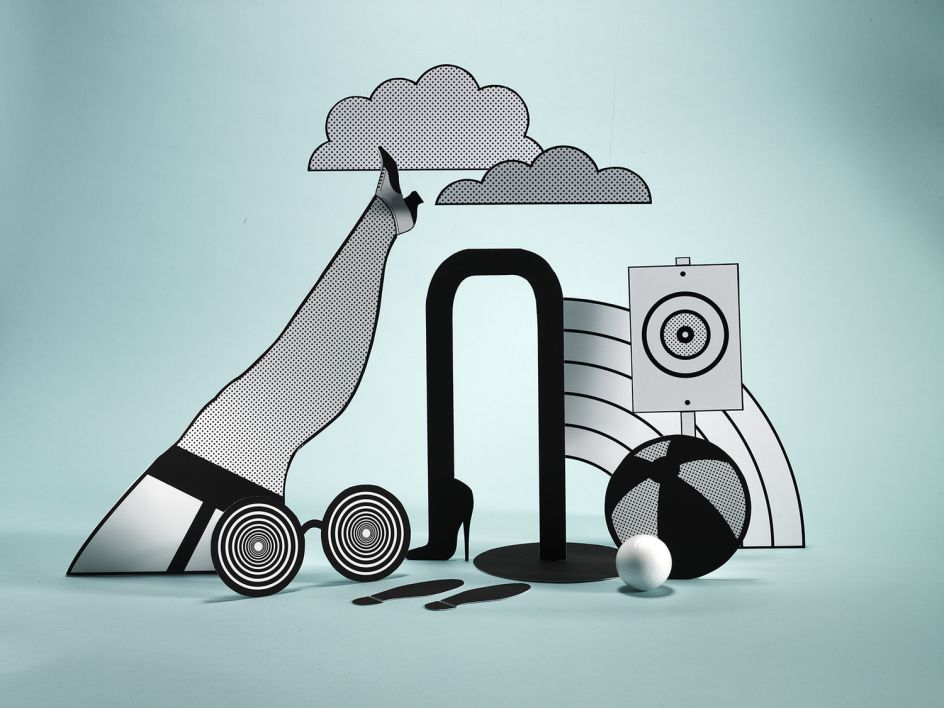
Pick Me Up
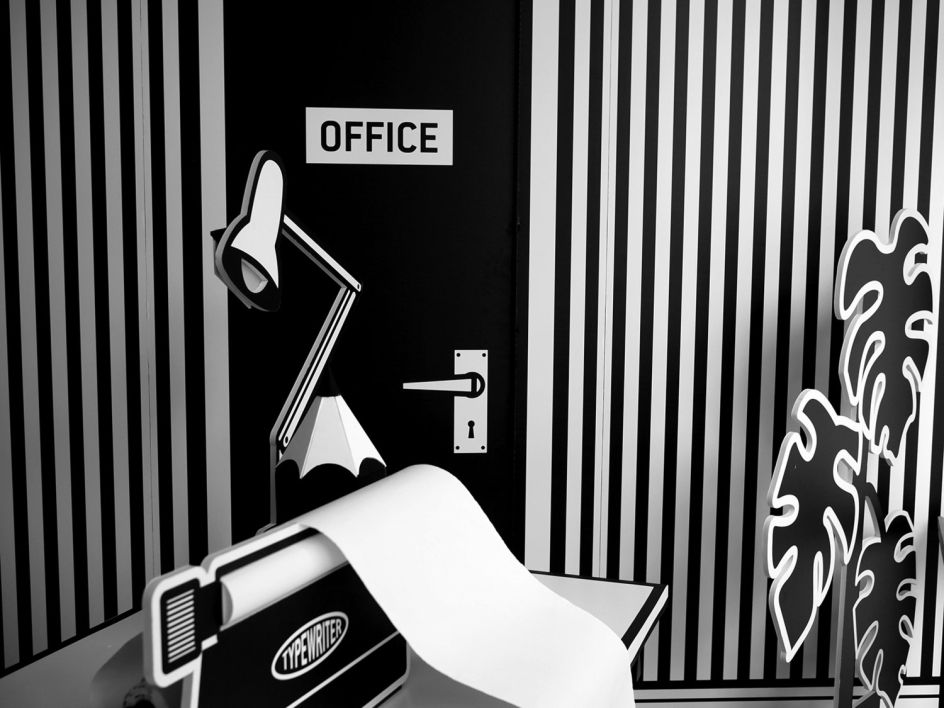
Weiden + Kennedy
How do you stay grounded and happy?
Food. Taking time out. Stretching the legs and going for a nice walk. Even though I'm in London, I'm in a really green part of the city. I'm very lucky to have loads of parks on my doorstep. Going for a long walk is like therapy, isn't it! It's often much easier to resolve things away from your desk.
Do you have a good work/life balance?
Yes, I do. It's important to switch off as best you can. But when you have a creative profession, you never really stop working because you never stop being creative. Just because you're not sat at a desk, it doesn't mean you're not thinking about projects. Often the best ideas come from when you're not even trying... like nipping to the shop, or having a shower – those can be the light bulb moments.
Overall, it's so important to remember to relax and look after yourself – your creativity and happiness depend on it.




 by Tüpokompanii](https://www.creativeboom.com/upload/articles/58/58684538770fb5b428dc1882f7a732f153500153_732.jpg)


 using <a href="https://www.ohnotype.co/fonts/obviously" target="_blank">Obviously</a> by Oh No Type Co., Art Director, Brand & Creative—Spotify](https://www.creativeboom.com/upload/articles/6e/6ed31eddc26fa563f213fc76d6993dab9231ffe4_732.jpg)








